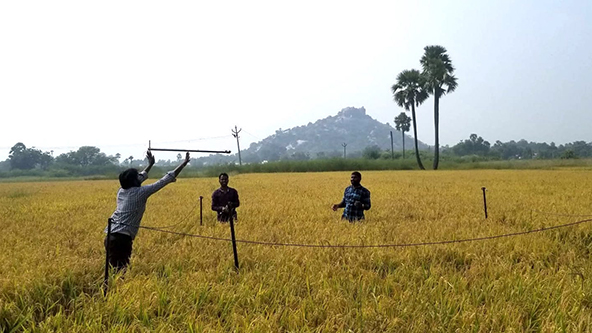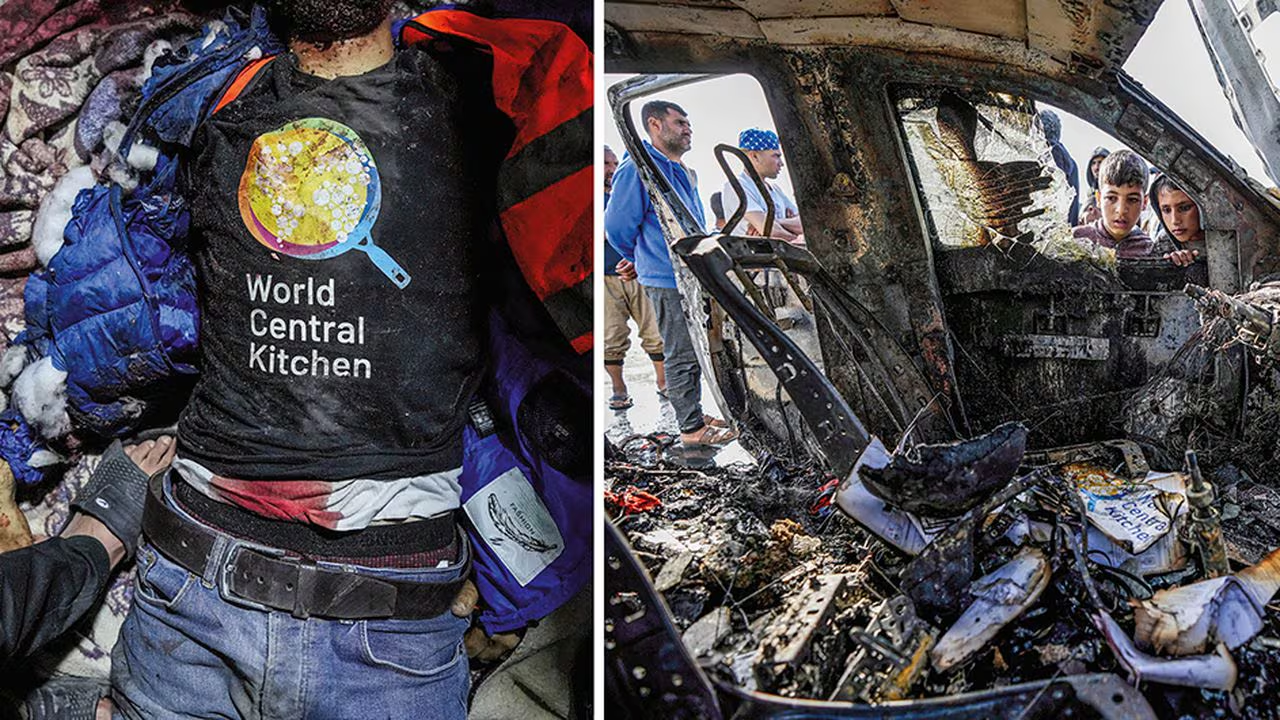The center houses research labs that explore how we can use AI to help solve pressing problems affecting millions of people both locally and globally, like mapping buildings in remote locations to provide better electricity.
Local researchers collaborate with research teams across the globe to work on AI-based tools to create change for communities worldwide, including in various countries across Africa.
Here are six AI projects we’re working on, in our Accra research center and beyond, and how we’re hoping they’ll make a difference.
Mapping buildings
Even with satellite imagery, it can be difficult to map buildings in remote locations. When these buildings go unmapped, it can make things like planning infrastructure difficult. Our Open Buildings dataset project, launched by a team in the Accra research center, combines AI with satellite imagery to pinpoint the location of buildings. That helps governments and nonprofit organizations understand the needs of residents and offer
Forecasting floods
The United Nations has reported that half of the world’s least-developed countries lack adequate early warning systems for disasters, including floods. In West and Central Africa specifically, where flooding can be severe, early warning systems could enable better preparation and potential evacuation.
Lifesaving technology, like Flood Forecasting Initiative, can help residents stay safe and give governments time to prepare. Using AI models to predict when and where riverine floods will occur in 80 countries worldwide, including 23 in Africa.
Google’s Flood Hub platform displays the forecasts up to seven days in advance, with detailed inundation maps — showing different water levels predicted in different areas — so people know what to expect where they live.
Read more : Tribunal admits US court judgment ordering tinubu’s forfeiture of $460,000
Predicting locusts
Locust infestations can have a devastating effect on food crops. Through collaborations with AI-product-focused company InstaDeep and the Food and Agriculture Organization (FAO) of the United Nations, the Google AI Center in Ghana is helping to better detect locust outbreaks and enable farmers to implement control measures.
The AI Center team is working on building a model that forecasts locust breeding grounds using historical data from the FAO and environmental variables like rainfall and temperature.
Improving maternal health outcomes with ultrasound
Ultrasounds can be crucial for identifying potential complications during pregnancy. In recent years, sensor technology has evolved to make ultrasound devices significantly more portable and affordable.
Globally, Google has been working on building AI models that can read ultrasound images and provide important information to healthcare workers.
Helping people with non-standard speech make their voices heard
Google’s Project Relate is an Android app that uses AI research to help people with non-standard speech communicate more easily. After recording 500 phrases, users receive a personalized speech recognition model.
Now available for user testing in Ghana, it can transcribe speech into text; use a synthesized voice to repeat what the speaker has said; and engage Google Assistant to complete tasks, such as asking for directions, playing a song, or turning on the lights.
Teaching reading to children worldwide
Due in part to the effects of COVID-19, it’s estimated that about two-thirds of 10-year-olds globally are unable to read and understand a simple story. Read Along, Google’s AI-based reading tutor app and website are helping to increase child literacy.
Diya, the in-app reading buddy, listens to the speaker reading aloud, offering support when they struggle, and rewarding them when they do well.













